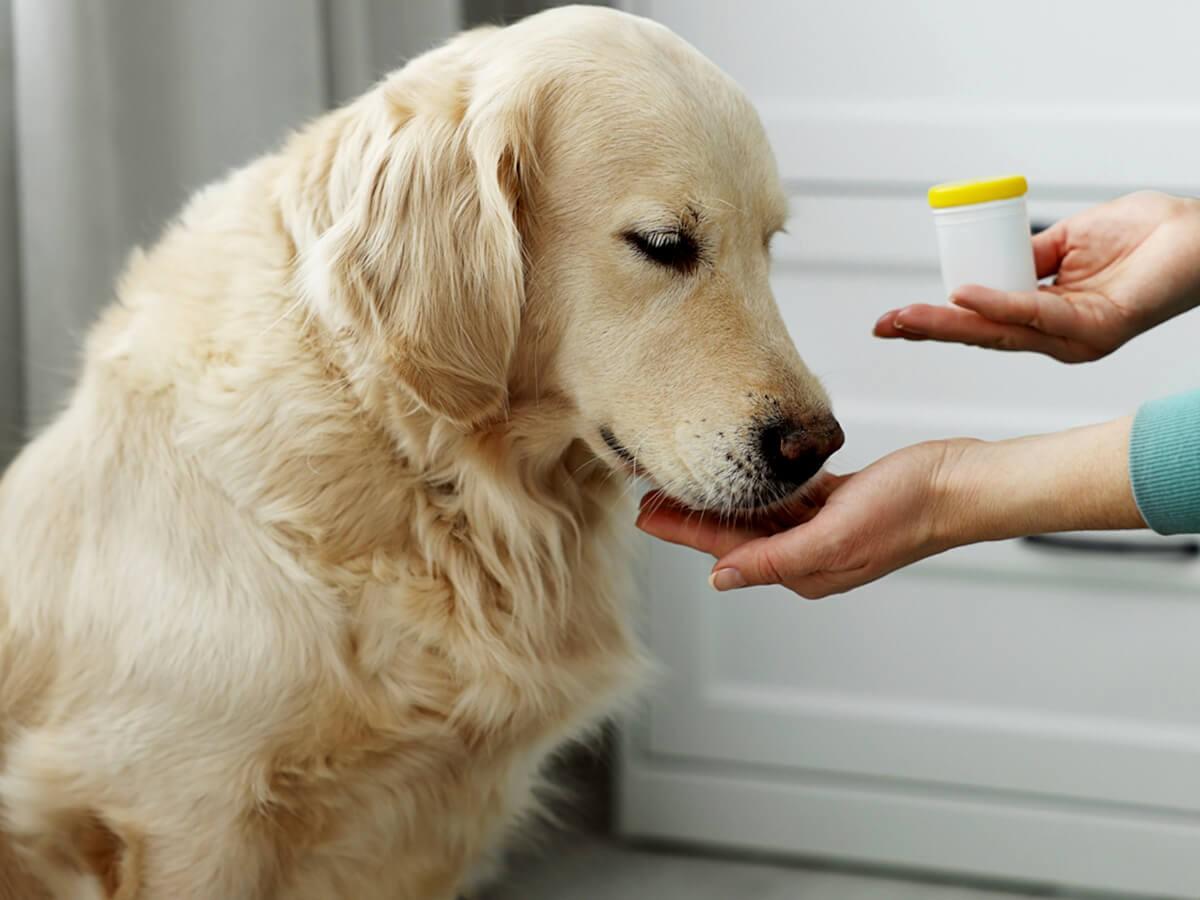Does your dog suffer from allergies or anxiety? If you've ever reached for Benadryl to relieve your allergy symptoms, you might wonder if it's safe and effective for your canine companion. This comprehensive guide will explore the uses, safety, dosage, and potential side effects of Benadryl for dogs, helping you make informed decisions about your pet's health.
Understanding Benadryl: What's in It and How It Works
Benadryl's active ingredient is diphenhydramine, an antihistamine that blocks histamine receptors in the body. Histamine is a chemical released in response to allergens, causing symptoms like itching, sneezing, and swelling. By blocking histamine receptors, Benadryl can alleviate these allergy symptoms in both humans and dogs.
What is Benadryl Used to Treat in Dogs?
Benadryl is commonly used in dogs to treat various conditions, including:
Allergies: Benadryl can effectively reduce allergy symptoms like itching, swelling, sneezing, runny eyes, and hives.
Anxiety: Due to its mild sedative effects, Benadryl can help calm anxious dogs in certain situations, such as during car rides or thunderstorms.
Motion Sickness: Benadryl can help prevent motion sickness in dogs by reducing nausea and vomiting.
Vaccine Reactions: Some dogs experience mild allergic reactions to vaccinations. Benadryl can be given before or after vaccination to minimize these reactions.
How Much Benadryl Can I Safely Give My Dog?
According to the Merck Veterinary Manual, the standard dose for Benadryl is 2-4 milligrams per kilogram of body weight or 0.9-1.8 milligrams (mg) of Benadryl per pound. Therefore, a simple and practical dose is 1 mg of Benadryl per pound of your dog's weight, given two to three times a day. However, it's crucial to consult your veterinarian for the appropriate dosage for your dog, as factors like age, size, and health conditions can influence the recommended amount.
Expert Insights From Spot
Benadryl is commonly used for dogs to manage allergies and anxiety-related behaviors. Spot's data shows 769 claims for allergies, with an average cost of $1,000 per claim. These allergy cases often arise in relatively young dogs, around 3 years old. Data for anxiety-related behavioral issues, shows 742 claims and an average treatment cost of $206. These cases tend to occur in even younger dogs, around 2.5 years old.
When Should I Give My Dog Benadryl?
Benadryl can be beneficial in several scenarios, but always consult your veterinarian before administering it to your dog.
Mitigating Allergy Symptoms in Dogs
Benadryl can be a lifesaver for dogs experiencing mild to moderate allergy symptoms. It can help relieve itching, sneezing, coughing, skin irritation, and other allergy-related discomforts. However, if your dog experiences severe allergic reactions like anaphylactic shock, seek immediate veterinary care.
Benadryl for Dog Anxiety
While Benadryl's drowsy side effects can help calm some anxious dogs, it's not always effective for all dogs and may even cause increased anxiety in some cases. If your dog suffers from chronic anxiety, consult your veterinarian to explore other treatment options like behavior modification therapy or alternative medications.
Will Benadryl Help a Dog Sleep?
Although drowsiness is a possible side effect of Benadryl, it's not typically recommended as a sleep aid for dogs. If your dog is experiencing sleep problems, consult your veterinarian to rule out any underlying medical conditions and discuss appropriate treatment options.
Benadryl Side Effects in Dogs: Important Considerations
While generally safe, Benadryl can cause side effects in some dogs, including:
Drowsiness or lethargy
Dry mouth
Urinary retention
Increased heart rate
If you notice any unusual symptoms after giving your dog Benadryl, contact your veterinarian immediately.
Key Takeaways
Benadryl can be a helpful tool for managing allergies, anxiety, motion sickness, and vaccine reactions in dogs. However, it's crucial to consult your veterinarian before administering Benadryl to your dog. They can determine the appropriate dosage and ensure it's safe for your dog's specific needs and health conditions. Remember, Benadryl is not a substitute for professional veterinary care, and seeking their guidance is essential for your furry friend's well-being.

As Spot’s resident cat enthusiast, I am dedicated to researching and sharing information that helps pet owners take the best care of their pets. Pet ownership comes with it’s share of challenges, but my goal is to help make this journey easier.
Benadryl For Dogs | akc.org
How to Use Benadryl To Help Your Dog With Allergies, Anxiety and More | insider.com












